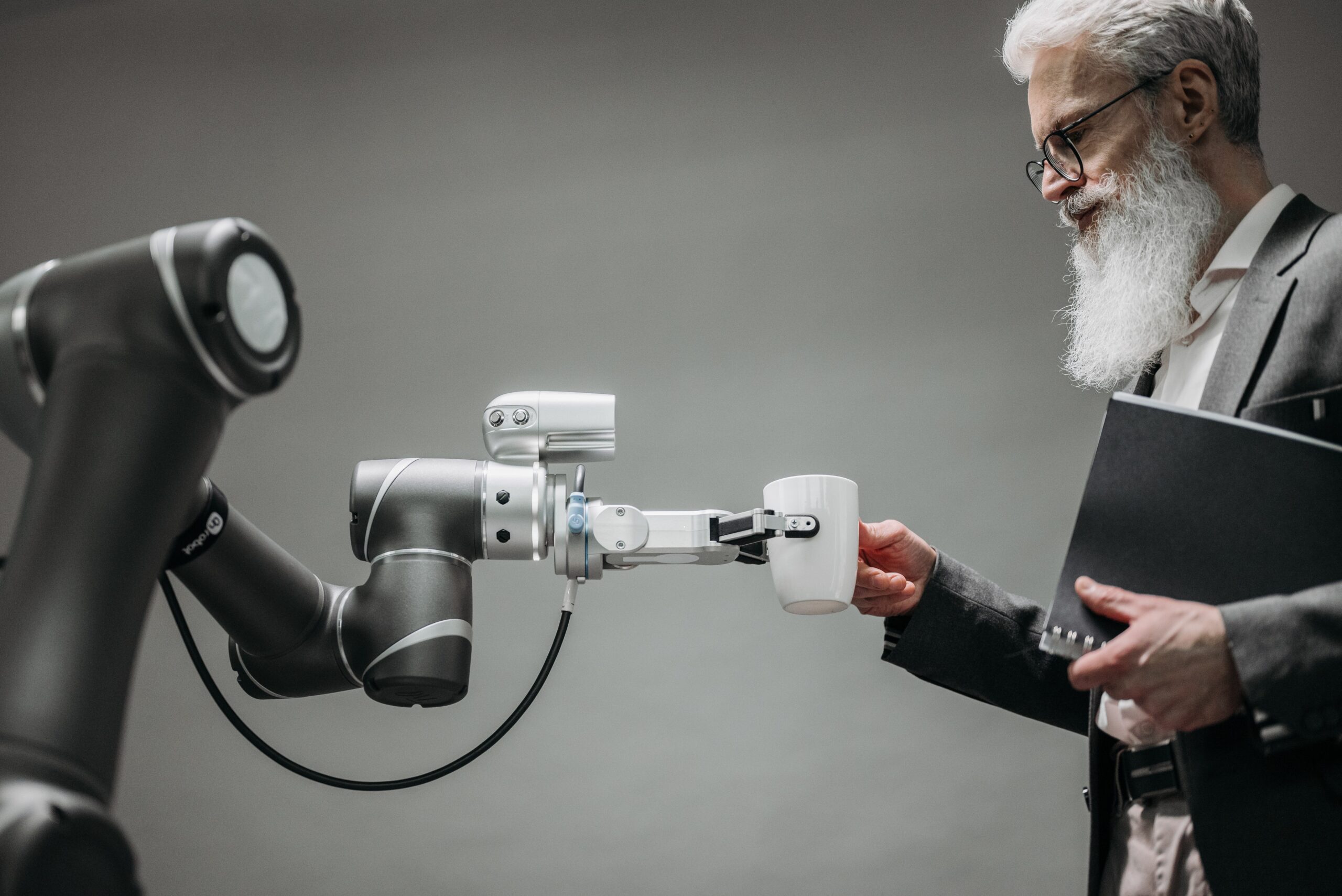
Framework Thinking for Organizational Development - toolthinker.com
Organizational Development (OD) frameworks, models, and tools are designed to improve the effectiveness, efficiency, and performance of organizations. they focus on aligning people, processes, and systems to desired outcomes. Organizational Development frameworks, models, and tools commonly include:
McKinsey 7-S Framework
Analyzes the interplay of seven elements (strategy, structure, systems, skills, staff, style, shared values) to assess organizational effectiveness and guide change efforts.
Lewin’s Change Management Model
A three-step model that involves unfreezing the new state, making changes, and refreezing the new state to support successful organizational change.
Kotter’s 8-Step Model
Provides a step-by-step approach to leading and managing change, emphasizing the importance of creating a sense of urgency, building a guiding coalition, and sustaining change through continuous effort.
Appreciative Inquiry
Focuses on identifying and building upon an organization’s strengths and positive experiences to foster change, collaboration, and innovation.
ADKAR Model
Addresses individual change management by focusing on Awareness, Desire, Knowledge, ability, and Reinforcement to support successful adoption of change initiatives.
Balanced Scorecard
Translates an organization’s strategy into actionable objectives and key performance indicators across financial, customer, internal processes, and learning and growth perspectives.
Organization’s Culture Assessment Instrument (OCAI)
Assesses an organization’s current and desired culture, providing insights into cultural gaps and guiding culture change initiatives.
Talent Management Framework
Encompasses strategies and practices for attracting, developing, and retaining talent within an organization, aligning human resources with business objectives.
Performance Management Systems
Tools and processes to set performance goals, track progress, provide feedback, and evaluate individual and team performance to drive continuous improvement.
Change Readiness Assessment
Evaluates an organization’s readiness for change by assessing factors such as leadership support, organizational culture, and employee engagement, guiding change planning and implementation.
Team Development Models
Explain the stages of team development, from forming to storming, norming, performing, and adjourning, to support effective team dynamics and collaboration.
Employee Engagement Surveys
Collects data on employee satisfaction, motivation, and commitment to assess organizational culture and inform engagement strategies.
Organizational Network Analysis (ONA)
Analyzes formal and informal relationships and networks within an organization to understand communication patterns, knowledge sharing, and collaboration.
Performance Improvement plans (PIP)
Structured plans to address performance gaps and support individual or team development through specific goals, action plans, and feedback mechanisms.
Change Impact Analysis
Assesses the potential impact of a change on various organizational components, such as process risks and mitigation strategies.